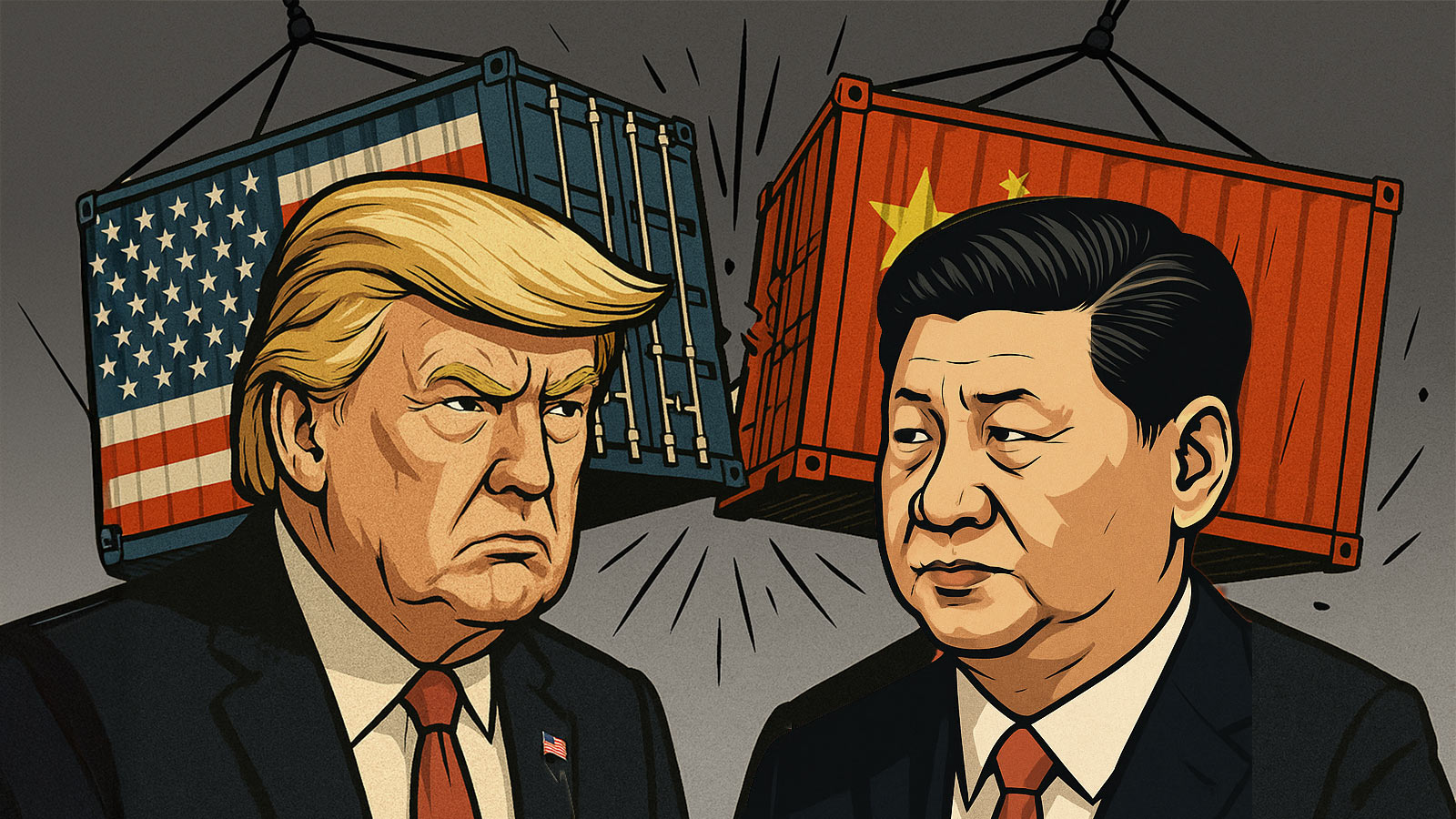I’ve said for years that China could not win a prolonged trade war with the United States. This weekend, in Geneva, that prediction was vindicated.
After intense, high-level negotiations, Treasury Secretary Scott Bessent and Chinese Vice Premier He Lifeng reached what I can confirm is the first major U.S.-China breakthrough since the tariff war began under President Donald Trump. Sources inside the room called the progress “substantial.” Having followed this issue closely from the start—and having warned Beijing’s model was unsustainable—I believe this may be the most consequential trade reset in decades.
Why This Deal Matters
This agreement isn’t just another diplomatic handshake. It’s a strategic inflection point. For years, China’s economy has depended entirely on exports. But America is the world’s largest importer. No matter how loudly Xi Jinping talks, China simply cannot afford to lose access to our market. And now, they’ve admitted it—quietly, but unmistakably.
The terms of the deal are expected to be announced in Washington on Monday. But I’ve already been briefed. This is real.
Last year, U.S.-China trade totaled over $660 billion, with a staggering $295.4 billion trade deficit on our side. That imbalance has fueled China’s military expansion, undercut American industries, and jeopardized our long-term economic security. The goal of this new agreement is to slash those numbers and begin unwinding the dangerous dependencies created over the past three decades.
Meanwhile, global supply chains have ground to a halt waiting for clarity. Just last week, I heard from sources that cargo ships packed with Chinese goods were literally idling offshore, unwilling to unload until this standoff was resolved.
From Trade to National Security
But this goes far beyond commerce.
China’s open support of Iran, North Korea, and Russia makes clear that economic decoupling is a national security imperative. For the past five years, I’ve been arguing that economic security is national security—and now, Washington is catching up.
This is why President Trump’s tariff strategy was so vital. Despite relentless criticism, the tariffs worked. They forced Beijing to the table. In my interview with Fox Business back in 2018, I warned that Trump’s approach would isolate China, not America, and set the stage for a new, fairer global order. That’s exactly what we’re beginning to see now.
Trump Tariffs Will Isolate China, Not the Other Way Around, Expert Says
Martin Capital founder and CEO Rod Martin discusses whether President Donald Trump’s tariffs will result in a new global world order on Fox Business “Making Money with Charles Payne”.
Xi’s Choice: Deal or Disaster
In 2022, I wrote that China’s economy was on the edge of a cliff—and that unless Xi made a deal, his recession would turn into a depression. That analysis was published in The Epoch Times, and it holds truer today than ever before.
Read: U.S. Tariffs May Drive China’s Economy Into a Depression
This weekend’s Geneva talks prove that point. Faced with mounting internal pressure, shrinking global trust, and a collapsing export model, China blinked. They had no choice.
What Comes Next
We’ll know the full terms of the agreement shortly, but I can tell you this: the reset has begun.
What we’re witnessing is not just a trade deal. It’s the beginning of a realignment—of global markets, strategic alliances, and geopolitical power.
Stay tuned. I’ll be breaking it down further as details emerge.

